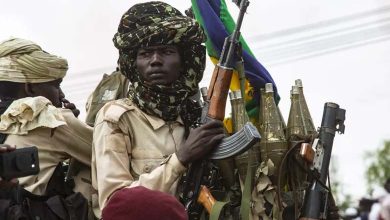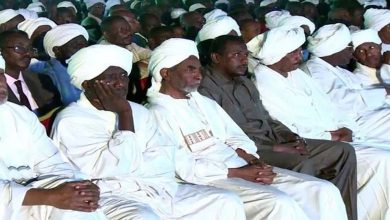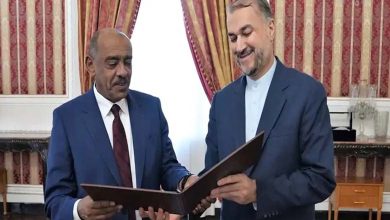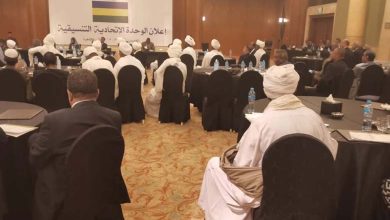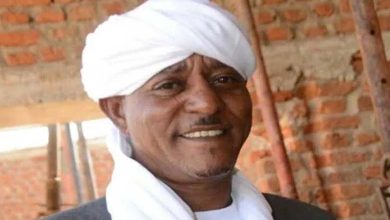Tunisia is plagued by the demon of terrorism
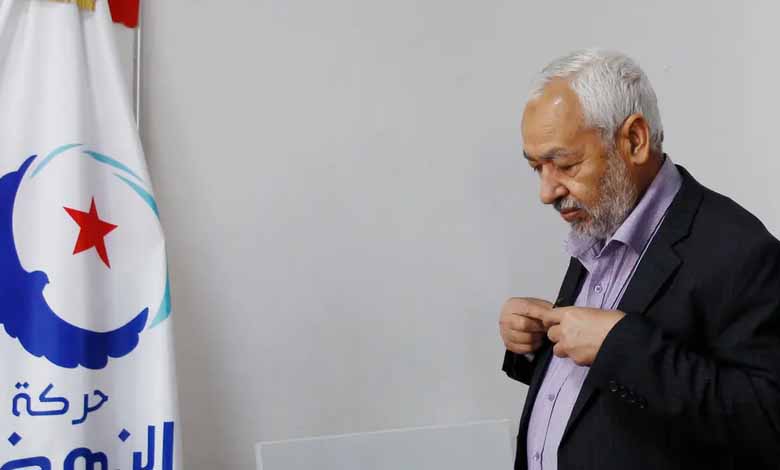
A recent study revealed that terrorist organizations in Tunisia were able to attract an important youth base of students after the country’s revolution in 2011.
Especially during 2014 and 2015, the Brotherhood’s Ennahdha took power.
According to the study, which was prepared by the Tunisian Forum for Economic and Social Rights in cooperation with the National Union of Tunisian Journalists and the Tunisian Center for Research and Studies on Terrorism. The results were presented at a press conference held yesterday in Tunis, where terrorist organizations were able to attract this group from schools, institutes, universities and colleges, according to the Tunisian newspaper Al-Shorouk.
The study showed that the number of students and pupils involved in terrorism cases rose from 154 in 2014 to 241 in 2015
Ridha Radawi, vice president of the Tunisian Center for Research and Studies on Terrorism, said during the press conference: “The study included a sample of 560 pupils and students, 48 females and 512 males involved in terrorist cases, and was based on judicial rulings issued between 2012 and 2020”.
In 2014 and 2015, the 18 to 24 age group took control of the structure of al-Qaeda in Tunisia.
Radawi said the figures, which indicate students are joining terrorist organizations, “show that terrorism has infiltrated the educational and university institutions”. At the same time, he pointed to what he described as “the absence of clear policies in early monitoring and follow-up, and the collapse of the social and psychological briefing system inside universities and schools”.
Since 2013, he said that women in Tunisia have started “influencing the scene and the attendance, which was in the past”. Some women have been recorded as suicide bombers, leaders of organizations, and traveling to hotbeds of tension in what is known as “sexuel jihad” in ISIS, which emerged in June 2014.
Mounir Hussain, a member of the body that heads the Tunisian Forum for Economic and Social Rights, said at a press conference: “The education system has a role to play in engaging students in terrorist thinking; the fragility of the composition and teaching practices are characterized by the absence of critical educational practices, making pupils and students prey to terrorist organizations”.
“Policies adopted since the revolution and general legislative amnesty have significantly contributed to the spread of extremist ideology”, he said. Considering at the same time that there are other factors that are considered among the reasons for joining terrorist networks; poverty, social fragility, and partisan tendencies that promote jihad.
From 2011 to 2017, Tunisia witnessed a wave of serious terrorist operations, including political assassinations. Among the victims of these operations were leftist opposition members Chokri Belaid on November 6, 2013, and Mohamed Brahmi on July 25 of the same year.


